Chinese President emphasizes that no one can ever stop China from uniting with Taiwan
Chinese President Xi Jinping Reaffirms Unwavering Stance on Taiwan: “No One Can Ever Stop China from Uniting with Taiwan”
In a powerful and assertive speech, Chinese President Xi Jinping has once again underscored China’s commitment to reunifying Taiwan with the mainland, declaring that “no one can ever stop China from uniting with Taiwan.” This statement, made in December 2024, comes as tensions between China and Taiwan continue to simmer, with Beijing ramping up its diplomatic, military, and economic pressure on Taiwan in recent years.
Xi’s remarks reflect the growing emphasis the Chinese government places on Taiwan as an integral part of China, and they signal a further hardening of China’s position on the issue. His rhetoric also reflects Beijing’s frustration with what it perceives as increasing foreign interference in the Taiwan Strait and growing support for Taiwan’s sovereignty on the international stage.
A Family Divided: Xi Jinping’s Vision of Unity
President Xi’s comments reflect a broader ideological framework that has defined China’s approach to Taiwan for decades. By stating that “We Chinese on both sides of the Taiwan Strait belong to one and the same family,” Xi is reiterating the Chinese Communist Party’s long-standing belief in the concept of “One China.” This policy asserts that Taiwan, which has been self-governed since the end of the Chinese Civil War in 1949, is a part of China, and any movement toward Taiwanese independence is both illegitimate and unacceptable.
This language of unity, which portrays Taiwan as a breakaway region that must eventually return to the fold, is central to the Chinese government’s rhetoric. By emphasizing the idea that people on both sides of the Taiwan Strait are “one family,” Xi is framing the issue not just as a political or territorial dispute, but as a matter of shared identity and destiny for the Chinese people. His use of familial imagery seeks to humanize the narrative, portraying Taiwan’s reunification as a natural and inevitable outcome rather than a contentious political struggle.
Xi’s assertion that “no one can ever stop” China from achieving reunification with Taiwan is a direct challenge to any foreign powers or actors who may seek to intervene in the dispute. This echoes previous statements made by Chinese officials, signaling that Beijing will not tolerate external interference in what it considers to be a domestic issue.
Rising Tensions in the Taiwan Strait
Since Xi Jinping took power in 2012, China has increasingly taken a more aggressive stance on Taiwan. This has been evident in the expansion of Chinese military activities near Taiwan, including frequent air and naval incursions into Taiwan’s airspace and waters. The Chinese military has conducted large-scale exercises in the Taiwan Strait, while Taiwan has been enhancing its own defense capabilities in response.
Beijing has also intensified its diplomatic pressure on Taiwan, attempting to isolate the island nation internationally by pressuring other countries and international organizations not to recognize Taiwan as a sovereign state. While Taiwan maintains strong informal relations with many countries, including the United States, and participates in global organizations such as the World Trade Organization, it remains excluded from the United Nations due to China’s veto power as a permanent member of the Security Council.
For its part, Taiwan’s government, led by President Tsai Ing-wen, continues to assert its sovereignty and has rejected Beijing’s calls for reunification. The people of Taiwan, who enjoy democratic freedoms and a distinct identity, have consistently opposed the idea of unification with China, particularly under the current Chinese Communist Party regime. Public opinion in Taiwan remains firmly against reunification, with many citizens viewing the growing political and social repression in mainland China as a significant deterrent to closer ties.
China’s Strategy: Diplomatic, Military, and Economic Pressure
Xi Jinping’s comments come amid an increasing sense of urgency within China regarding Taiwan. Beijing has long maintained that Taiwan’s eventual reunification is a “historic mission,” and it has signaled that it is prepared to use a range of strategies—diplomatic, military, and economic—to achieve its objectives.
Diplomatically, China has used its considerable global influence to isolate Taiwan, pressuring countries and international bodies to avoid formal recognition of the island. At the same time, China has sought to offer Taiwan a “one country, two systems” model similar to that used in Hong Kong, promising autonomy and economic benefits in exchange for reunification. However, this model has been widely rejected by the people of Taiwan, who are wary of Beijing’s promises, particularly after observing the erosion of freedoms in Hong Kong following the implementation of the national security law.
Militarily, China has significantly ramped up its military presence around Taiwan, with regular drills and naval exercises in the Taiwan Strait. The Chinese government has also emphasized the need for Taiwan to be brought under Chinese control, by force if necessary. Though Xi has not ruled out the use of military force, he has also expressed a desire for peaceful reunification, suggesting that the use of force would be a last resort.
Economically, China has used both carrots and sticks. While it has sought to integrate Taiwan into its economic sphere, offering trade and investment opportunities, it has also used economic sanctions as a way to pressure the island nation. Beijing has long sought to use its economic leverage to dissuade Taiwan from pursuing closer ties with other countries, particularly the United States, which has become increasingly supportive of Taiwan’s defense and sovereignty.
International Reactions: The Role of the U.S. and Other Global Powers
The international community closely watches developments in the Taiwan Strait, with the United States playing a particularly prominent role in shaping the region’s security dynamics. While the U.S. officially recognizes the “One China” policy, it has also maintained informal relations with Taiwan and continues to supply the island with military aid under the Taiwan Relations Act. The U.S. has consistently stated that any attempt to change the status quo in Taiwan by force would be met with significant consequences, though the details of these consequences remain vague.
In response to Xi’s remarks, the United States and its allies have reiterated their commitment to Taiwan’s security. In recent years, the U.S. has increased its military presence in the Indo-Pacific region, conducting joint military exercises with Taiwan and other regional partners, such as Japan and South Korea, to deter potential Chinese aggression. Washington has also intensified its diplomatic support for Taiwan, despite China’s growing pressure on countries to sever ties with the island.
The European Union, Japan, and Australia have similarly expressed concerns over the growing tensions between China and Taiwan, calling for peaceful dialogue and urging Beijing to refrain from using military force. These global powers have also emphasized the importance of maintaining stability in the Taiwan Strait, a key waterway for international trade.
However, China has made it clear that it considers any foreign involvement in the Taiwan issue to be interference in its internal affairs. Xi Jinping’s remarks signal that Beijing will continue to assert its position on Taiwan regardless of international opposition, emphasizing that the issue is non-negotiable from China’s perspective.
The Road Ahead: A Fragile Peace or an Impending Crisis?
Xi Jinping’s declaration that “no one can ever stop China from uniting with Taiwan” is a stark reminder of the high stakes in the Taiwan Strait. While Xi has expressed a preference for peaceful reunification, the increasing militarization of the region, along with the hardening of China’s stance, raises the specter of potential conflict.
For Taiwan, the challenge lies in balancing its desire for autonomy and democratic freedoms with the growing pressure from Beijing. Taiwan’s government has been working to strengthen its defense capabilities, but the prospect of a military confrontation with China remains a looming threat. Meanwhile, the international community must navigate its complex relationship with China, balancing economic interests with support for Taiwan’s sovereignty.
The coming years will be crucial in determining the future of Taiwan and the broader stability of the Asia-Pacific region. With Xi Jinping’s recent remarks emphasizing China’s unyielding stance on Taiwan, the world may be entering a critical period where diplomatic efforts to prevent a confrontation in the Taiwan Strait will be put to the test. Whether peaceful reunification is achievable or whether tensions escalate into conflict remains uncertain, but Xi’s words make it clear that China is prepared to pursue its vision for Taiwan with unwavering determination.
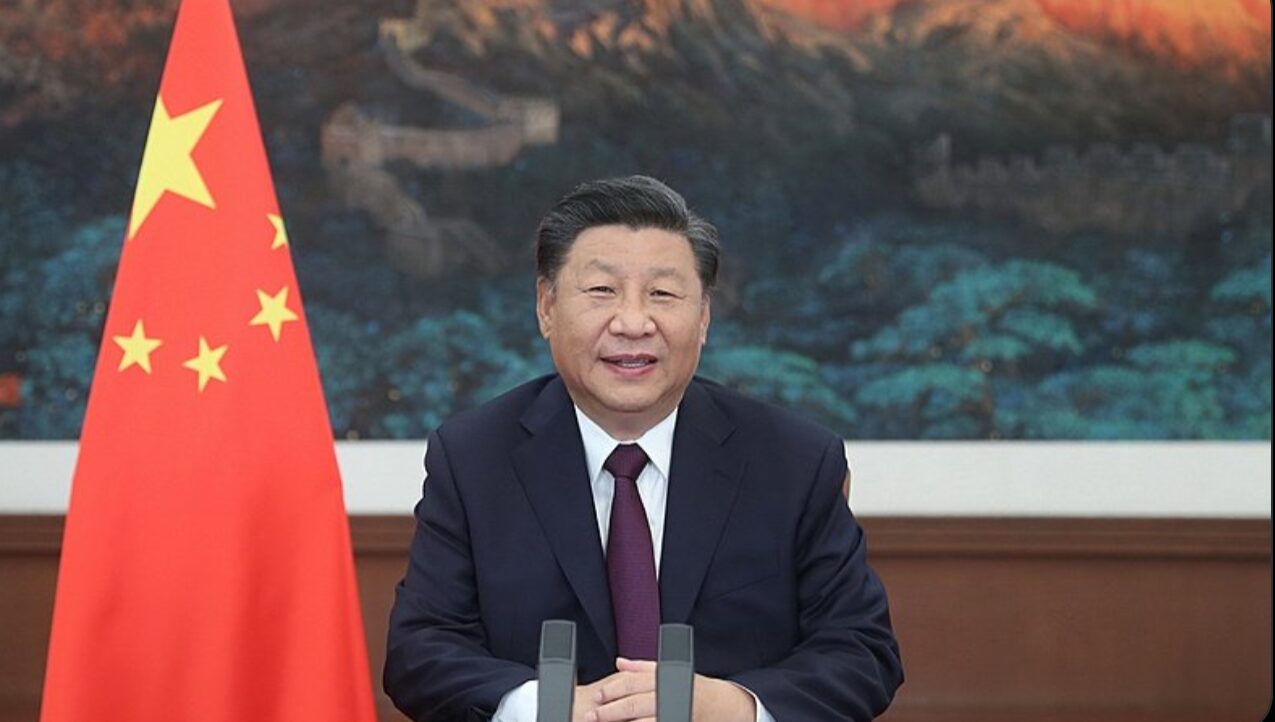
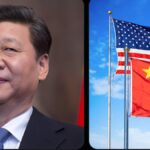

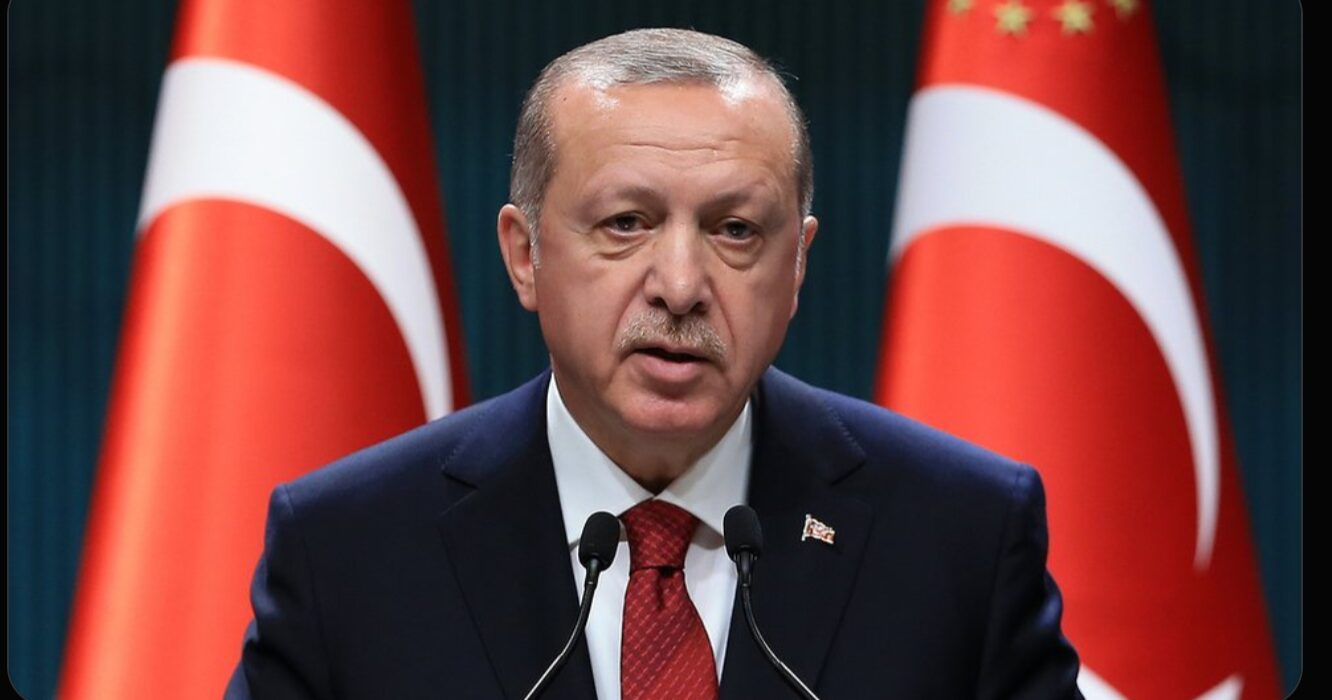

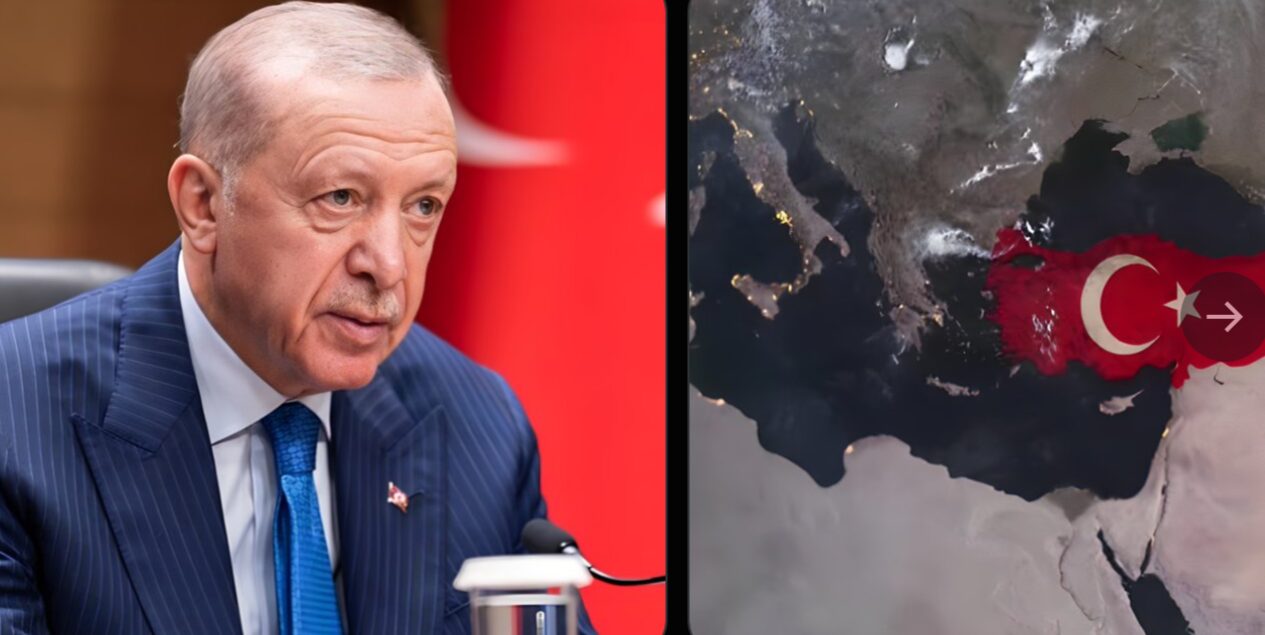

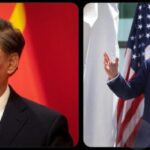
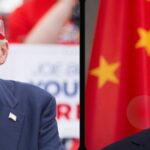








Post Comment